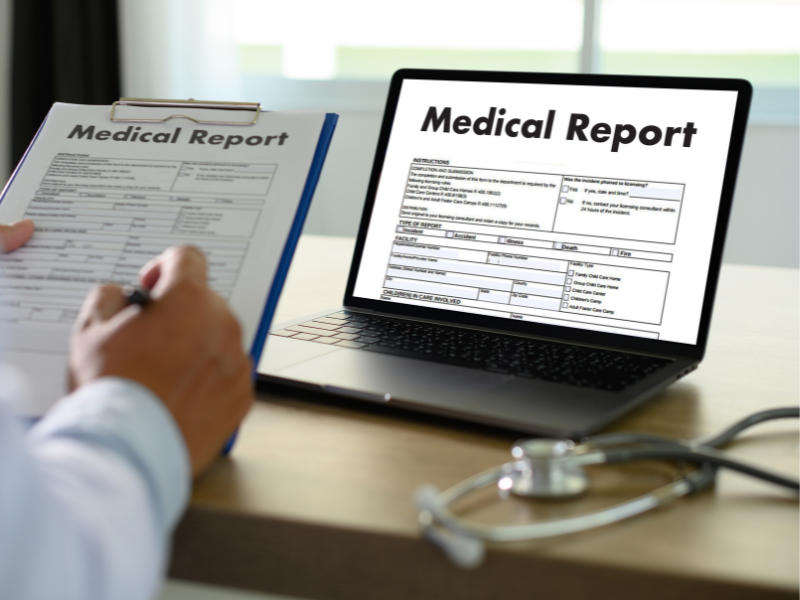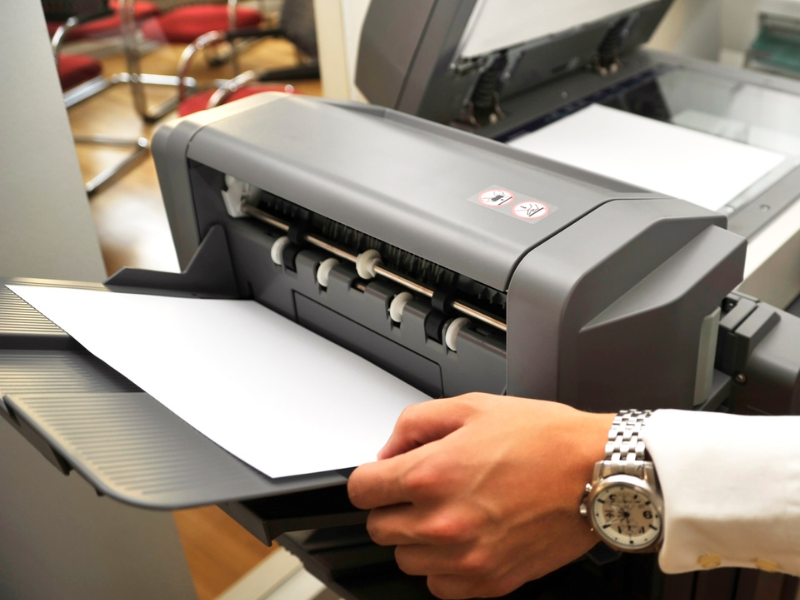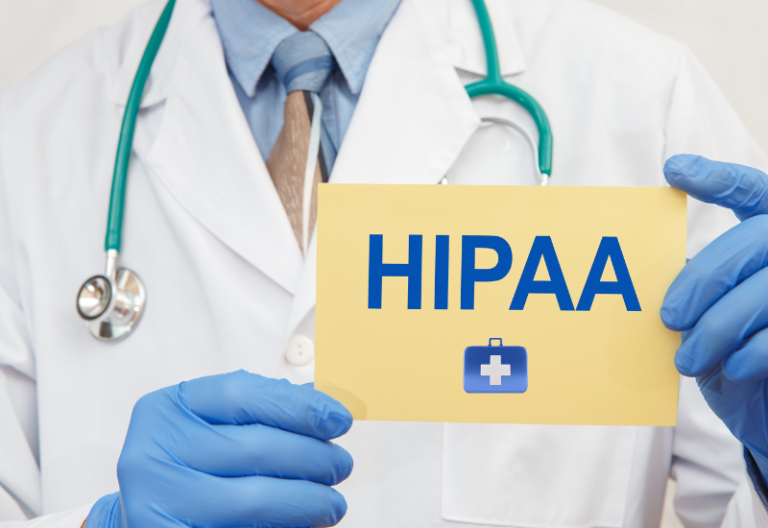In today’s digital age, the security of sensitive information is crucial, especially in the healthcare sector, where sending PHI via fax is still widely used. PHI, or Protected Health Information, refers to individually identifiable health information transmitted or maintained by healthcare providers. This includes medical records, treatment plans, test results, and any data that can identify a person’s health status.
Protecting PHI during fax transmission is essential for patient privacy, regulatory compliance, and preventing unauthorized access or breaches. Let’s take a look at its potential risks and benefits.
Table of Contents

Definition and Importance of Protected Health Information (PHI)
PHI is defined by the Health Insurance Portability and Accountability Act (HIPAA) as any information related to an individual’s physical or mental health. This includes any medical record or treatment plan that be used to identify a particular patient. Any data that falls under this category must be handled with utmost care and confidentiality.
Safeguarding PHI is extremely important for several reasons. Firstly, it protects patient privacy by ensuring their health information remains confidential and only accessible to authorized entities. Additionally, maintaining the security of PHI helps healthcare providers comply with legal and regulatory requirements, avoiding potential penalties and legal consequences.
Some key benefits of protecting PHI include:
- Privacy: Preserving the confidentiality of patient health information.
- Compliance: Adhering to legal and regulatory standards, such as HIPAA and Business Associate Agreement.
- Trust: Building and maintaining trust between healthcare providers and patients.
- Security: Preventing unauthorized access or breaches of sensitive data.
- Confidentiality: Ensuring that patient information is only accessible to authorized individuals.
Legal requirements for PHI transmission
HIPAA sets strict guidelines for PHI transmission to safeguard patient privacy. Healthcare providers, as covered entities, must comply with these regulations to protect PHI during transmission. Understanding the requirements and implementing appropriate measures to keep PHI safe during transmission is essential, as non-compliance can lead to severe penalties and legal consequences.
To address these security concerns, many healthcare organizations are turning to modern solutions such as cloud fax providers. These providers offer encrypted fax transmission, secure storage of faxed documents, and advanced access control standards. Cloud faxing not only enhances the security of PHI transmission but also streamlines the process, reduces paper waste, and improves overall efficiency.
In conclusion, protecting PHI is of paramount importance in the healthcare industry, and secure methods of transmission like cloud fax providers play a vital role in maintaining patient privacy, meeting regulatory requirements, and ensuring the confidentiality and integrity of sensitive health information.
The Role of Fax in PHI Transmission
Despite the advances in digital communication, fax machines continue to be widely used in healthcare for transmitting PHI. Faxing offers convenience, reliability, and compatibility with existing systems. However, traditional faxing poses security risks as printed faxes can be easily lost, misplaced, or accessed by unauthorized individuals.

Why Is Fax Still Used in Healthcare?
Faxing remains prevalent in healthcare for several reasons. Many organizations still rely on paper-based systems and find it challenging to transition to fully electronic ones. Additionally, faxing is preferred for its simplicity and familiarity among healthcare professionals. Faxing also provides a legally recognized audit trail, which is crucial for maintaining compliance with HIPAA regulations.
Security Features of Fax Transmission
Modern fax solutions offer enhanced security features that address security concerns associated with traditional faxing. These include the following:
- Encryption of transmitted data
- Secure storage
- Secure transmission protocols
- Delivery confirmation and receipts
- Automatic deletion of received faxes to minimize the risk of unauthorized access
- Audit trails and activity logs
- Team and user management
- Integration with EHR/EMR systems
Online fax services like iFax provide a more secure and efficient way to transmit PHI while ensuring compliance with HIPAA regulations.

Best Practices for Sending PHI via Fax
Healthcare organizations must follow best practices when faxing PHI to minimize the risk of unauthorized disclosure. The following should be considered when faxing protected health information (PHI).
- Train staff on proper handling and secure PHI fax transmission.
- Use dedicated fax machines or electronic faxing services with built-in security features.
- Monitor and audit fax transmissions regularly to ensure compliance and detect potential breaches.
- Verify recipient information
- Include a cover sheet
- Confirm successful transmission
Verifying recipient information
Before sending PHI via fax, it is essential to verify the recipient’s fax number and contact details for accurate and secure transmission. Verifying recipient information minimizes the risk of sending sensitive information to the wrong recipient and protects patient confidentiality.
Including a cover sheet
Including a cover sheet when sending PHI via fax is recommended. The cover sheet should clearly indicate that the transmission contains confidential and sensitive information, such as PHI, and should be directed to the intended recipient. It should also provide contact information for the sender in case of any questions or concerns.
Confirming successful transmission
After sending a fax containing PHI, it is important to confirm that the transmission was successful. This can be done by contacting the recipient and verifying if they received the fax accurately. Maintaining a record of successful transmissions serves as evidence of compliance with HIPAA regulations and provides a reference in case of disputes or inquiries.
A Convenient Solution for Sending PHI via Fax
To overcome the security risks associated with traditional fax machines, healthcare organizations can leverage modern faxing solutions like iFax.
iFax is an innovative HIPAA-compliant online fax service that offers enhanced security features designed specifically for the healthcare industry. Besides that, this reliable fax solution streamlines the faxing process so you can transmit medical records fast. It also supports easy integration with EHR and EMR systems, so you will never have to deal with cumbersome paperwork.
If you want to know how to fax protected health information quickly and efficiently, iFax is the answer.







